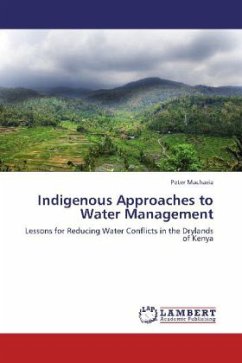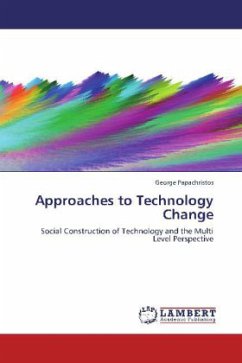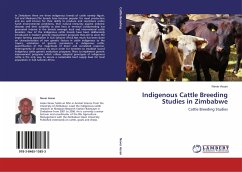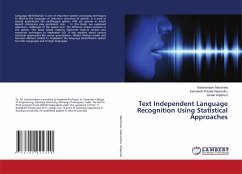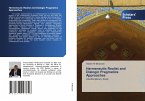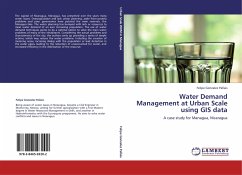Global warming and climate change, increasing human and wildlife population, urbanization, unplanned land use changes have led to diminishing water resources in the drylands resulting to resource based conflicts among water-users. Concerted efforts that include enacting and development of various policies, standards, and strategies by different actors are being pursued to avert an increase of such conflicts. The question of how those most affected could help in finding solutions to the problem remain at the heart of this matter. This book , written to policy makers, development workers and academicians, is a result of a study that assessed the impact of changing land use patterns on water resources in the drylands of Kenya and how indigenous knowledge could help in reducing resource based conflicts. The author identifies and proposes, from the drylands native communities, replicable indigenous water resource management knowledge and practices that have the potential of reducing resource based conflicts through improved community resource management practices. The author has also outlined ways to embed the identified knowledge and practices into policies and development activities.

